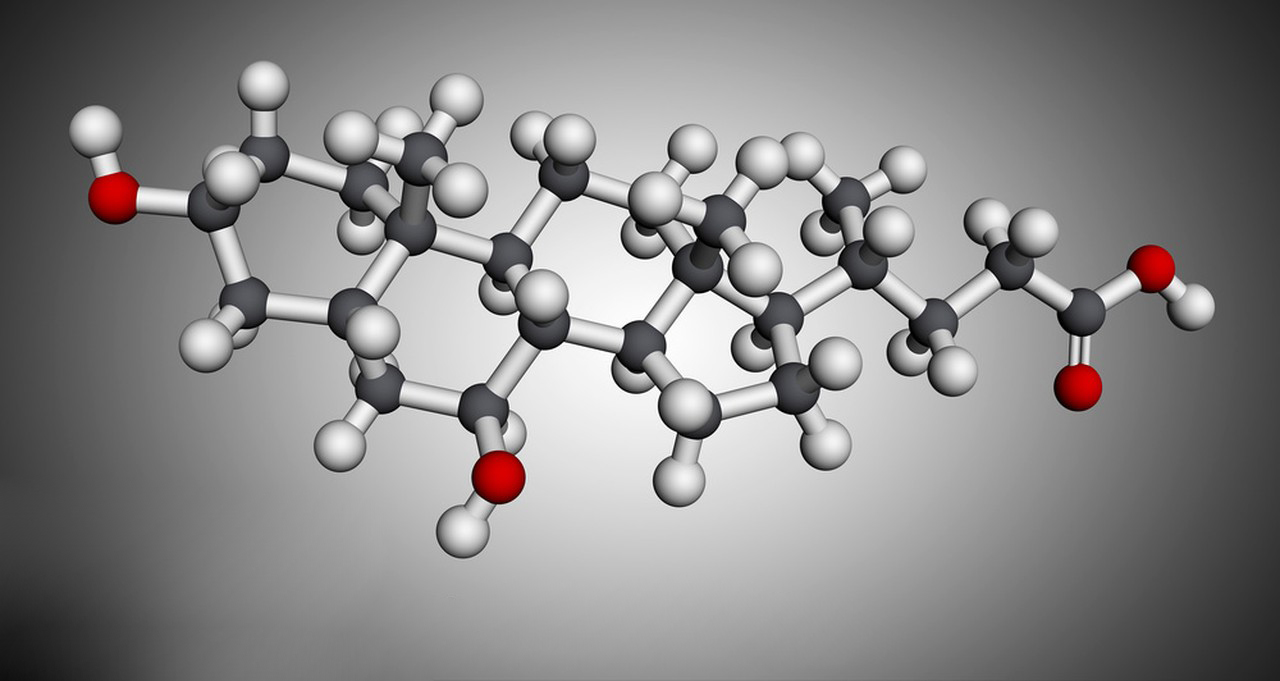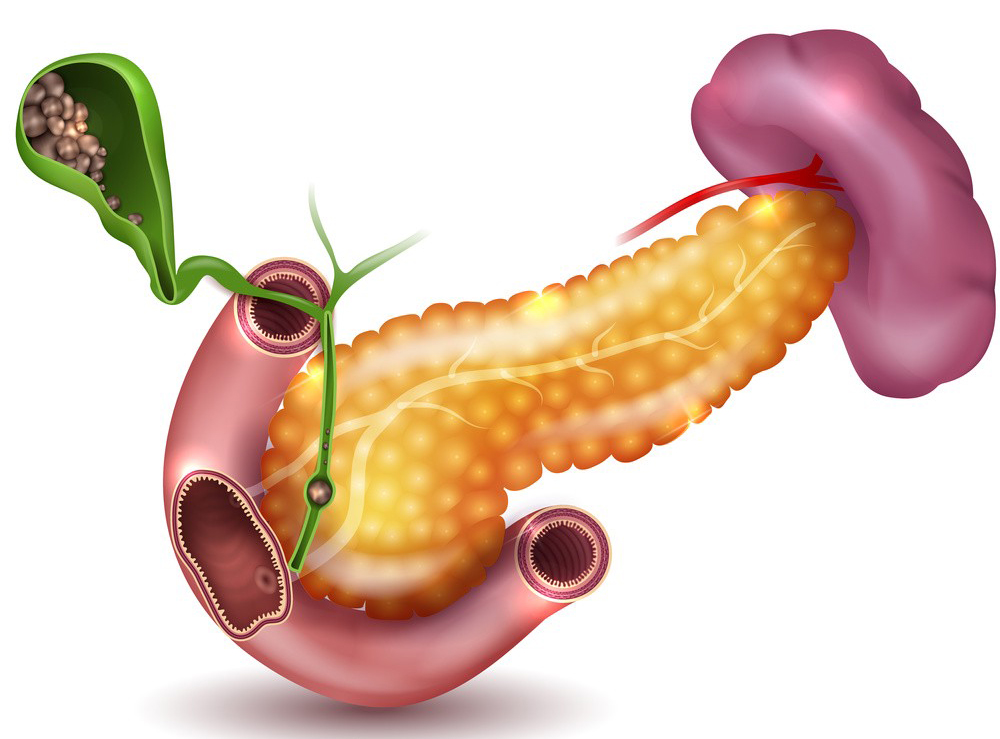UDCA(Ursodeoxycholic acid) is a medication primarily used to treat certain liver and gallbladder conditions. It is a synthetic form of bile acid, which is a substance produced by the liver and used by the body to digest fats. UDCA can be prescribed by healthcare professionals for various medical conditions, including:
Applications of UDCA
Primary Biliary Cholangitis (PBC): UDCA is the first-line treatment for PBC, a chronic autoimmune liver disease that damages the small bile ducts within the liver. It helps to improve liver function, reduce liver inflammation, and slow down the progression of the disease.
Primary Sclerosing Cholangitis (PSC): PSC is another chronic liver disease that causes inflammation and scarring of the bile ducts. UDCA may be used in some cases to manage symptoms and slow the progression of the disease, although its effectiveness for PSC is still a subject of debate among medical professionals.
Gallstone Dissolution: UDCA is sometimes used to dissolve small cholesterol gallstones in patients who are not suitable candidates for surgery. It may take several months of treatment for gallstones to dissolve, and the procedure is not always effective.

Non-Alcoholic Fatty Liver Disease (NAFLD): In some cases, UDCA may be prescribed to manage the progression of NAFLD, a condition characterized by the accumulation of fat in the liver. However, its effectiveness for NAFLD is not well-established, and other lifestyle modifications and medications are often considered first.
Cystic Fibrosis-Related Liver Disease: UDCA can be used to manage liver complications associated with cystic fibrosis.
It’s important to note that the use of UDCA should be under the guidance and supervision of a healthcare professional, as the dosage and duration of treatment can vary depending on the specific condition being treated. UDCA is generally well-tolerated, but it can have side effects, including diarrhea, abdominal discomfort, and, rarely, allergic reactions. Patients should discuss the potential benefits and risks of UDCA with their healthcare provider, and regular monitoring is often necessary to evaluate its effectiveness and safety.
Potential benefits of UDCA
Ursodeoxycholic acid (UDCA), also known as ursodiol, is a medication and bile acid that has several potential benefits, particularly in the context of liver and gallbladder health. Some of the potential benefits of UDCA include:
Treatment of Primary Biliary Cholangitis (PBC): UDCA is the first-line treatment for primary biliary cholangitis, a chronic autoimmune liver disease. It can help slow the progression of the disease, reduce liver inflammation, and improve liver function.
Dissolution of Gallstones: UDCA is used to dissolve cholesterol gallstones in patients who are not candidates for surgery. It can take several months of treatment for this effect to occur, and it’s most effective for small cholesterol gallstones.
Cholestatic Liver Diseases: UDCA is sometimes used to manage various cholestatic liver diseases, such as primary sclerosing cholangitis and Alagille syndrome. It can improve liver function and reduce symptoms.

Non-Alcoholic Fatty Liver Disease (NAFLD): UDCA may be used in the treatment of non-alcoholic fatty liver disease, especially in cases where inflammation and liver damage are present. It can help reduce liver enzyme levels and improve liver health.
Bile Duct Disorders: UDCA can be used to treat certain disorders of the bile ducts, such as biliary atresia in infants.
Potential Protective Effects: Some studies have suggested that UDCA may have anti-inflammatory and protective effects on the liver, which could be beneficial in a variety of liver conditions.
It’s important to note that the use of UDCA should be under the guidance of a healthcare professional, as its effectiveness and safety can vary depending on the specific condition and the patient’s individual circumstances. Additionally, UDCA may have side effects, and its use should be carefully monitored to ensure it is providing the intended benefits without causing harm.
